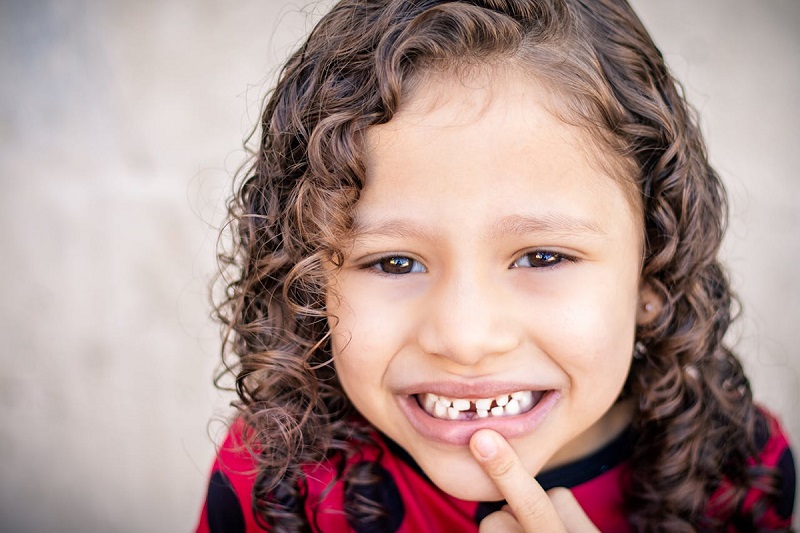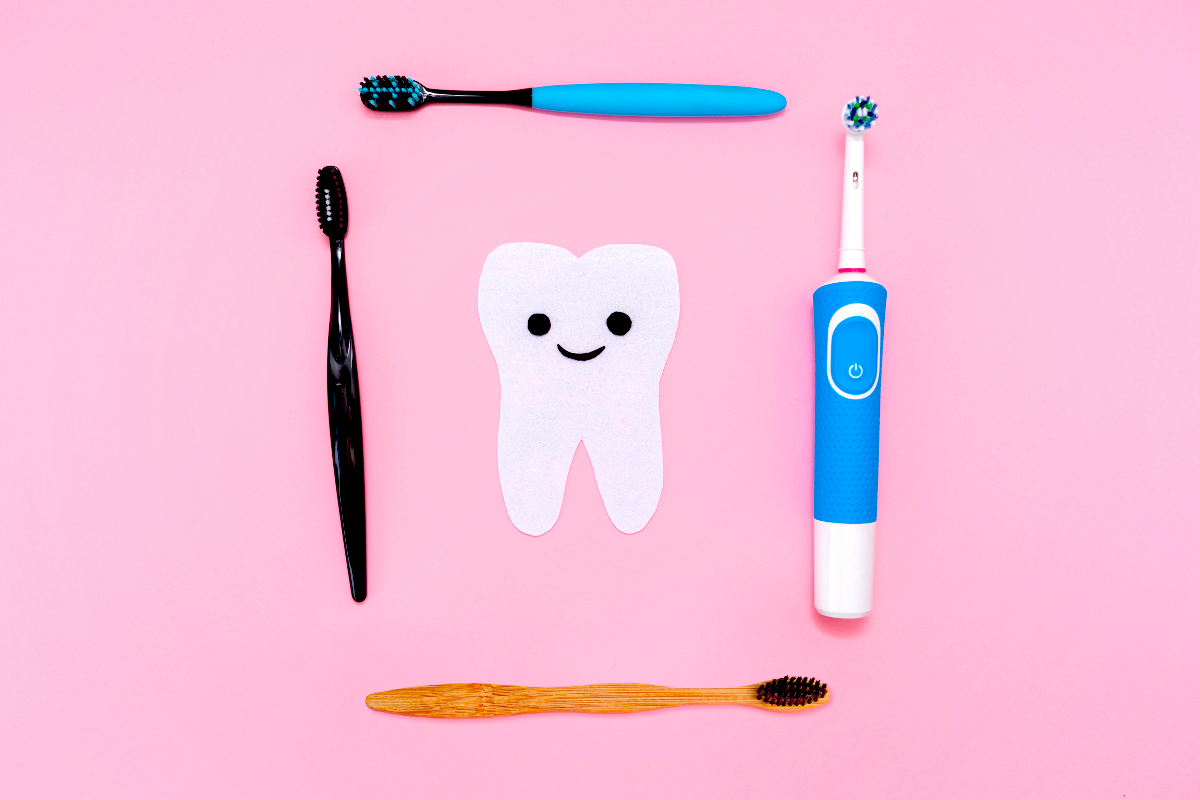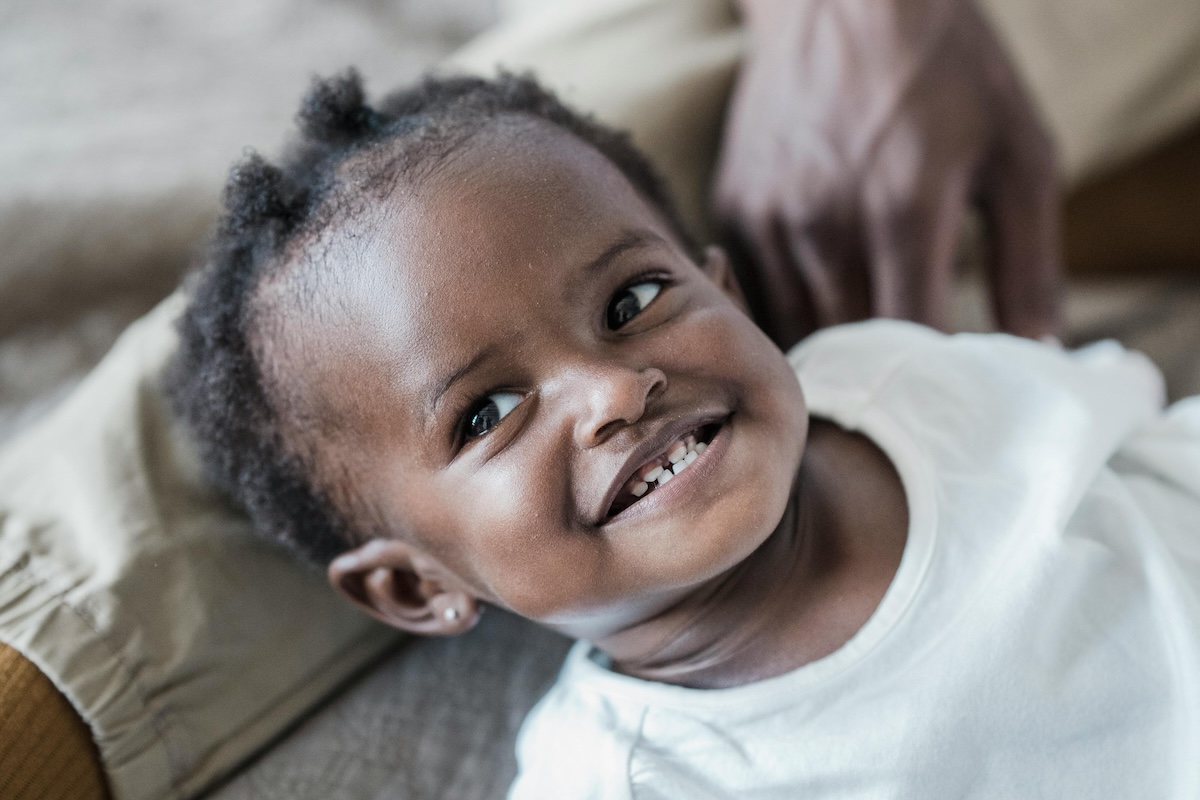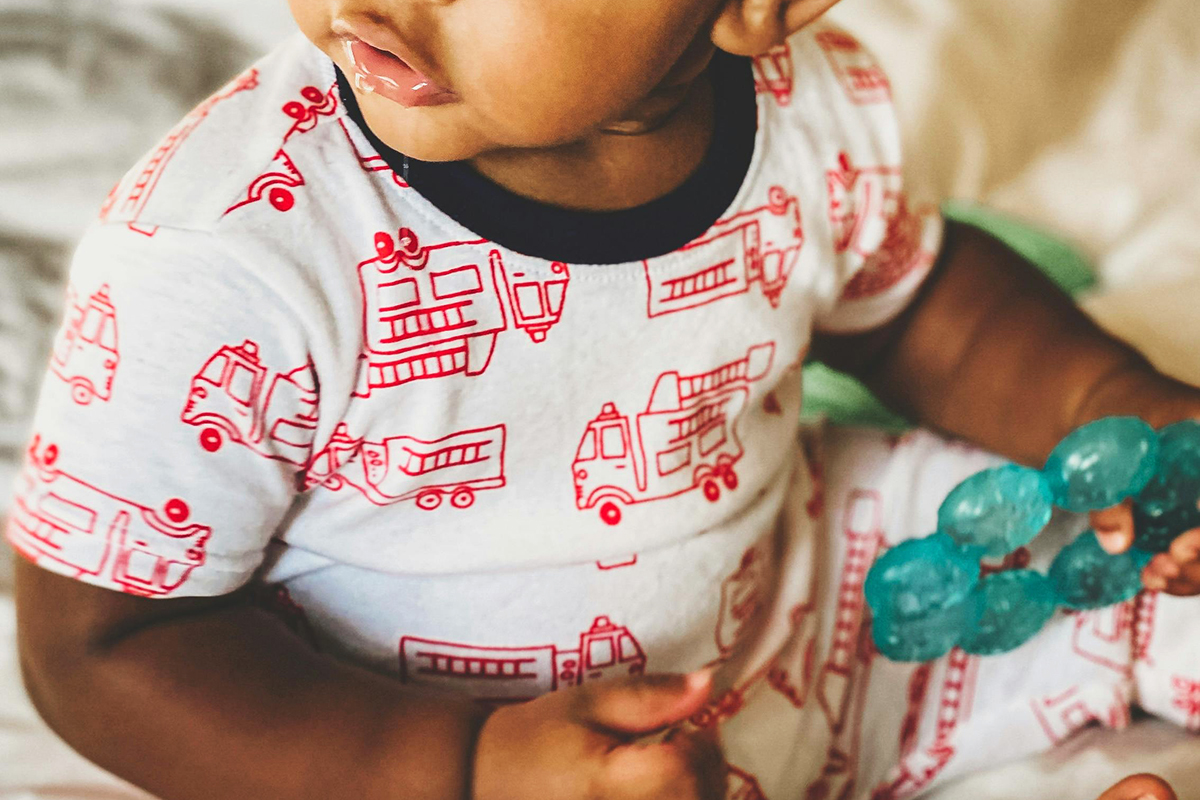When I was in first and second grade, my classroom had a poster on the wall where students in the class would record teeth they had lost. I am not sure if it was originally intended to be viewed as a contest (probably not), but that’s definitely what happened. Kids who lost more teeth were the winners, and others — myself included — were losers. As you might imagine, this whole thing prompted quite a lot of creativity around tooth removal. I cannot be the only child of the 1980s who remembers the “tie a string around it and tie the other end to a door and have your brother slam it” trick.

My own children have inherited my slow tooth loss, but, luckily for them, a nicer world has prevailed, and losing teeth no longer requires a competitive edge. Even without competition, though, as parents we may wonder: Does it matter when kids lose their teeth? Is there such a thing as too fast or too slow? What determines the speed of tooth loss? And, most importantly: What is the going tooth-fairy rate these days?
When do kids lose their teeth?
Generally, kids lose their first tooth between the ages of 5 and 7 and their last one by the age of 12. We know this from data on permanent tooth eruption. That is the best measured variable, but since it’s closely linked to baby tooth loss, it’s a good proxy.
One study in Iran that followed a cohort over time found the average age for the first permanent tooth arrival (which would be typically slightly after the baby tooth was lost) was at 6.5, with a very wide range (ages 4 to 10). A similar study in Northern Ireland found about the same thing. In both cases, girls had the first tooth eruption slightly earlier than boys.
These figures align with both historical and general contemporary impressions about the typical age ranges here.
What determines tooth loss timing?
Sometimes tooth loss can be for unexpected reasons. Kids may have a tooth knocked out, for example, before it would have come out anyway. Sometimes kids get cavities and teeth might need to come out (less so now in the U.S., due to water fluoridation). There are case reports (many of them old, like this one) about kids who lose their baby teeth very early, likely due to nutrient or other deficiencies.
If we bracket these issues and just ask What determines when my child will lose their teeth? the answer seems to be largely genetics. The timing of permanent teeth is strongly correlated with the timing of teething. This study demonstrates that, on average, a one-month delay in getting a baby tooth is associated with a four-month delay in the corresponding permanent tooth. You might not remember when your child was teething, but if you do, you can make some predictions.
A note: Tooth loss isn’t related to other things, like puberty. It’s not a signal of maturity or development or anything else. It’s just … teeth.
Is there a point on either end when I should worry?
If your child is losing a lot of teeth very early — before 4 or 5 — it makes sense to visit a dentist to see if perhaps there is a nutritional issue. In older medical literature, when early childhood tooth loss was more common, there was an active debate about whether early tooth loss led to earlier or later permanent tooth eruption, and whether it affected the overall tooth structure. In the U.S., in the presence of overall limited vitamin deficiencies, fluoridated water, and braces, this is less of a concern.
On the flip side, is there a concern if your child is losing teeth very late? Not really. In some cases, baby teeth that are retained for longer can get in the way of adult teeth coming in straight. If this happens, it may be necessary for a dentist to pull the baby teeth (under local anesthesia, and this is much less traumatic than pulling adult teeth). But the concerns are typically aesthetic rather than health-related.
Fun fact: Some adults do retain a baby tooth, which can occur if (say) an adult tooth is missing. This is not common, but it can happen. Unlike sharks, though, humans do not end up with multiple layers of teeth.
What’s the going rate for the tooth fairy?
What are these teeth going to cost you?
Answers vary. A year or so ago, I did a very informal poll on Instagram. The modal response was $5 for the first tooth and $1 for each later one, but there was a lot of variation. Some people are apparently giving $20 for the first tooth. (Don’t tell my kids, please.)
There’s a bit of survey data. The Dental Care Alliance did a survey of 1,200 parents across the U.S. that ranked states by their payment per tooth. The average was $4.57 per tooth, which, honestly, seems high to me. Parents in Delaware are paying the most (is it because there’s no income tax in Delaware?), and Wyoming and Iowa pay the least.
Delta Dental has been doing an annual tooth payment survey for the past 20 years (yes, seriously). For 2024, tooth payments were $5.84, down from $6.23 the prior year. Apparently these payments roughly track the S&P 500, so have approximately tripled in the past 20 years.
What I personally learned from this is I have been underpaying for teeth. Luckily, my children have mostly lost their teeth, so I think I’m safe. For the rest of you — if you’re paying like I did, don’t let them see this survey.
Oh, and a final tip. Keep some small bills around. You do not want to be stuck, as many of us have been, realizing at 11 p.m. that you do not have $2, and now it’s either overpaying with the one $20 you have in your wallet, or disappointment.
The bottom line
- Generally, kids lose their first tooth between the ages of 5 and 7 and their last one by the age of 12.
- When your child will lose their first tooth is largely determined by genetics. If your child is losing a lot of teeth very early, it makes sense to visit a dentist to see if there is a nutritional issue. There is no real reason to be concerned if your child seems to be getting their permanent teeth on the later side.
- Tooth-fairy payouts seem to hover around $5.

















Log in
Holy cow. We give one euro and our kids are grateful. I just checked and we are almost but not quite keeping up with inflation from what I used to get (50 cents), so maybe we should raise it a bit? But our older kids might raise heck. Honestly, I thought the fun was putting a tooth under your pillow and finding a coin in the morning, but I guess it is actually cold, hard capitalism.